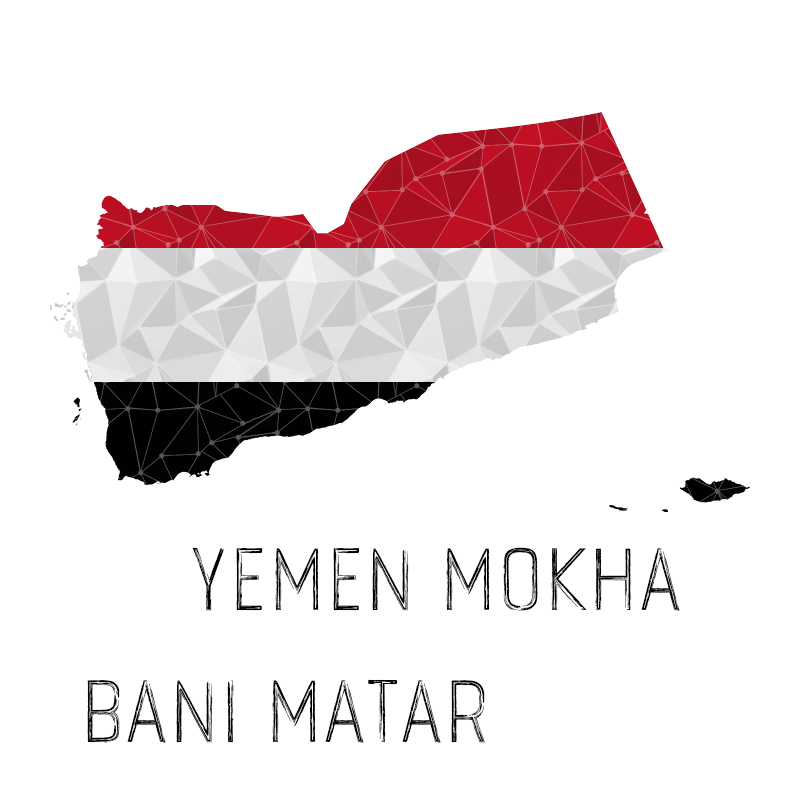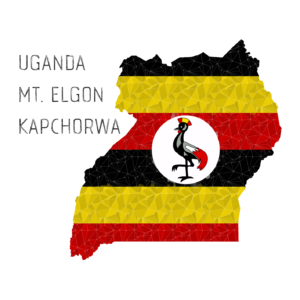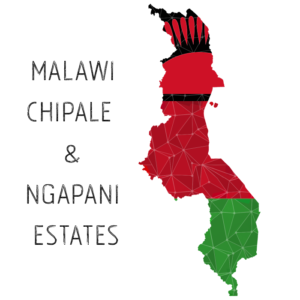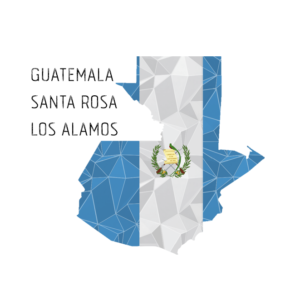Description
Yemen
Bani Matar
1775-1950 METERS
Natural
Indigenous heirloom varietals. Primarily composed of varietals know locally as Udainy & Dowairy.

Al-Hajj Ali Ahmed Al-Hamdani

Sweet tobacco, Clean Earth, Red fruits, Mint
Filter, Espresso, Mokapot, Turkish
Soon after the discovery of coffee in Ethiopia, the coffee shrub made its way to Yemen where it was written about by the mystic Sufis as far back as the 15th century. As the cultivation of coffee increased in Yemen exporting began from the ancient port of Al-Makha (it is to this port the modern term “Mocha” traces its origin.) Soon raw beans were smuggled out of Yemen and these Yemen coffee beans gave birth to what we see today as multiple varietals of coffee grown all over the world. But Yemen coffee has remained unique…
The uniqueness of Yemen coffee can be attributed to the uniqueness of Yemen itself. Yemen coffee developed through the centuries isolated from the offspring of those smuggled beans that gave birth to coffee in the rest of the world. In Yemen coffee is traditionally grown at high elevations in harsh environments receiving little rainfall. As a result the varietals that developed in Yemen had to survive a harsh climate. They are the result of centuries of adaptation to these unique conditions – thus the varietals themselves are unique to Yemen. In addition the added stress of these conditions on the plants increases the amount of nutrients and sugars pushed to the cherries which ultimately increases cup complexity. Due to the lack of rainfall, Yemen coffee has always been sun-dried (natural) further increasing the sweetness of the cup. Ultimately Yemen coffee and its history are much like Yemen itself: mysterious, intriguing and complex.
Unfortunately coffee production in Yemen has declined significantly over the last few decades. The foundational problem in recent years is a lack of understanding between the coffee people of Yemen and the specialty coffee market.

The folks at Rayyan Coffee Mill established their sourcing, processing and exporting operation to combat this very problem. They believe that Yemen has a unique place in the history of coffee and has a lot to offer both the specialty coffee market and the people of Yemen. In the words of general manager and co-founder Andrew Nicholson, “We want to make Yemen coffee famous again. By focusing on cup quality everyone wins. Customers get an amazing coffee, farmers (and everyone else in the supply chain) earn more and maybe, just maybe more coffee will be planted and that could have a tremendous effect on Yemen’s economy!” Their commitment to cup quality, farm level interventions, good processing methods and relentless quality control coupled with their relationships with farmers (and many others in the supply chain) in Yemen make Rayyan a strong bridge between the Yemen coffee people and the specialty coffee market.
This Matari lot is sourced from the famed Bani Matar district of Sana’a. Is it comprised of many lots mostly grown by small holder farmers. Yemen coffee varietals are often classified simply as “heirloom” but the primary varietals represented in this regional lot are varietals know locally as “Udainy” and “Dawi’ry.” Elevation is 1,775-1,950 MASL and the selection process for this coffee is based exclusively on cup quality.
Since Yemen is in the middle of a war right now this coffee has quite a story. The mill team tells us that the mill itself shakes from bomb blasts on a regular basis and that prior to export these bags were even moved to a few different locations (always in GrainPro) depending on what area of town the air strikes were focused on! To top it all off the usual port of export was closed leaving the only available option on the other side of the front lines of the war. It is finally here and with not even a hint of gunpowder in the cup.
Cupping Notes
The Matari lot requires de-gassing and changes significantly five days after roasting. The difference in the cup after de-gassing cannot be overemphasized.






Reviews
There are no reviews yet.